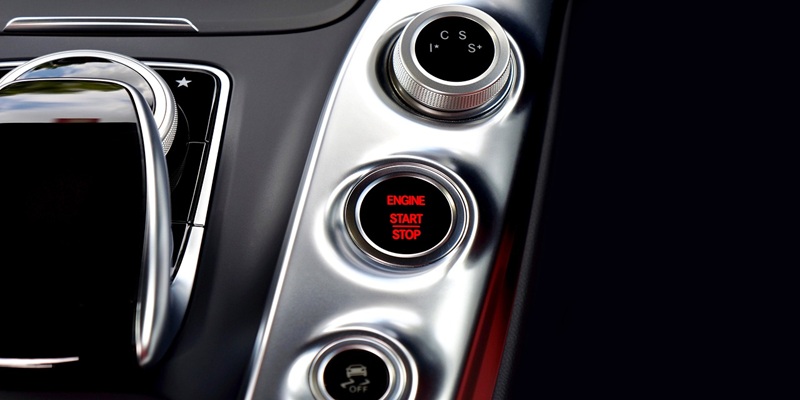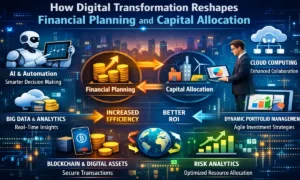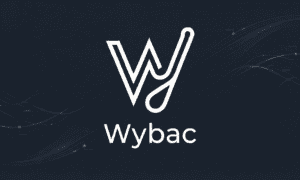The automotive industry is undergoing a massive transformation, with innovations like start-stop technology leading the charge toward fuel efficiency and reduced emissions. However, despite its potential, adoption has been slower than expected. Meanwhile, the fintech revolution has disrupted traditional banking with agility, customer-centric solutions, and rapid scalability.
Start-stop technology can learn valuable lessons from fintech’s success. By embracing digital transformation, improving user experience, and leveraging data-driven insights, automakers can accelerate adoption and maximize the benefits of this eco-friendly innovation.
Embracing Digital Transformation for Wider Adoption
Fintech companies thrived by integrating cutting-edge digital solutions into traditional financial systems. Similarly, start-stop technology must evolve beyond its basic functionality.
Leveraging Smart Connectivity
Fintech platforms use APIs, AI, and cloud computing to enhance services. Start-stop systems could integrate with smart city infrastructure, adjusting engine shut-off times based on real-time traffic data. This would optimize fuel savings and reduce wear on vehicle components.
Overcoming Resistance with Education
Many consumers still question start-stop technology’s reliability. Fintech tackled skepticism through transparent communication and user-friendly interfaces. Automakers should invest in interactive demos and clear explanations to build trust.
Enhancing User Experience for Greater Acceptance
Fintech’s success lies in its customer-first approach. Start-stop technology must prioritize driver comfort and convenience to gain mass appeal.
Smoother Transitions for Driver Comfort
A common complaint about start-stop systems is the jerky engine restart. Fintech apps use seamless transitions between services—automakers should refine engine restart algorithms for a smoother experience.
Personalization Through AI
Fintech platforms personalize services using machine learning. Start-stop systems could learn driver habits, adjusting shut-off intervals based on individual preferences and driving patterns.
Leveraging Data for Continuous Improvement
Fintech thrives on real-time analytics to refine services. Start-stop technology can adopt similar strategies for optimization.
Predictive Maintenance Integration
By analyzing engine data, start-stop systems could predict battery health and component wear, alerting drivers before issues arise—just as fintech apps notify users of unusual transactions.
Dynamic Adjustments Based on Conditions
Fintech adjusts loan rates based on market trends. Similarly, start-stop systems could modify shut-off durations based on weather, traffic, and battery status to maximize efficiency.
Building Partnerships for Ecosystem Growth
Fintech’s rapid growth was fueled by collaborations with banks, tech firms, and regulators. Start-stop technology needs similar alliances.
Collaborating with Urban Planners
Smart cities are investing in eco-friendly infrastructure. Automakers should partner with city planners to integrate start-stop systems with traffic light synchronization, reducing idle times.
Working with Insurance Providers
Fintech companies partner with insurers to offer usage-based policies. Start-stop technology could enable discounted premiums for drivers who maximize fuel savings.
Regulatory Support and Incentives
Fintech flourished due to supportive regulations and incentives. Governments can accelerate start-stop adoption through similar measures.
Tax Breaks for Eco-Friendly Vehicles
Just as fintech benefits from sandbox regulations, automakers could lobby for tax incentives on cars with advanced start-stop systems.
Standardization Across Manufacturers
Fintech relies on interoperability standards. A unified start-stop framework would ensure compatibility across brands, boosting consumer confidence.
Conclusion
The fintech revolution proves that innovation, user experience, and strategic partnerships drive adoption. Start-stop technology must follow this blueprint to reach its full potential.
By embracing digital transformation, refining user experience, leveraging data, fostering partnerships, and securing regulatory support, automakers can ensure start-stop systems become a mainstream standard—just as fintech reshaped banking. The future of automotive efficiency depends on learning from other industries. The fintech revolution offers the perfect roadmap—now it’s time for start-stop technology to accelerate forward.



































